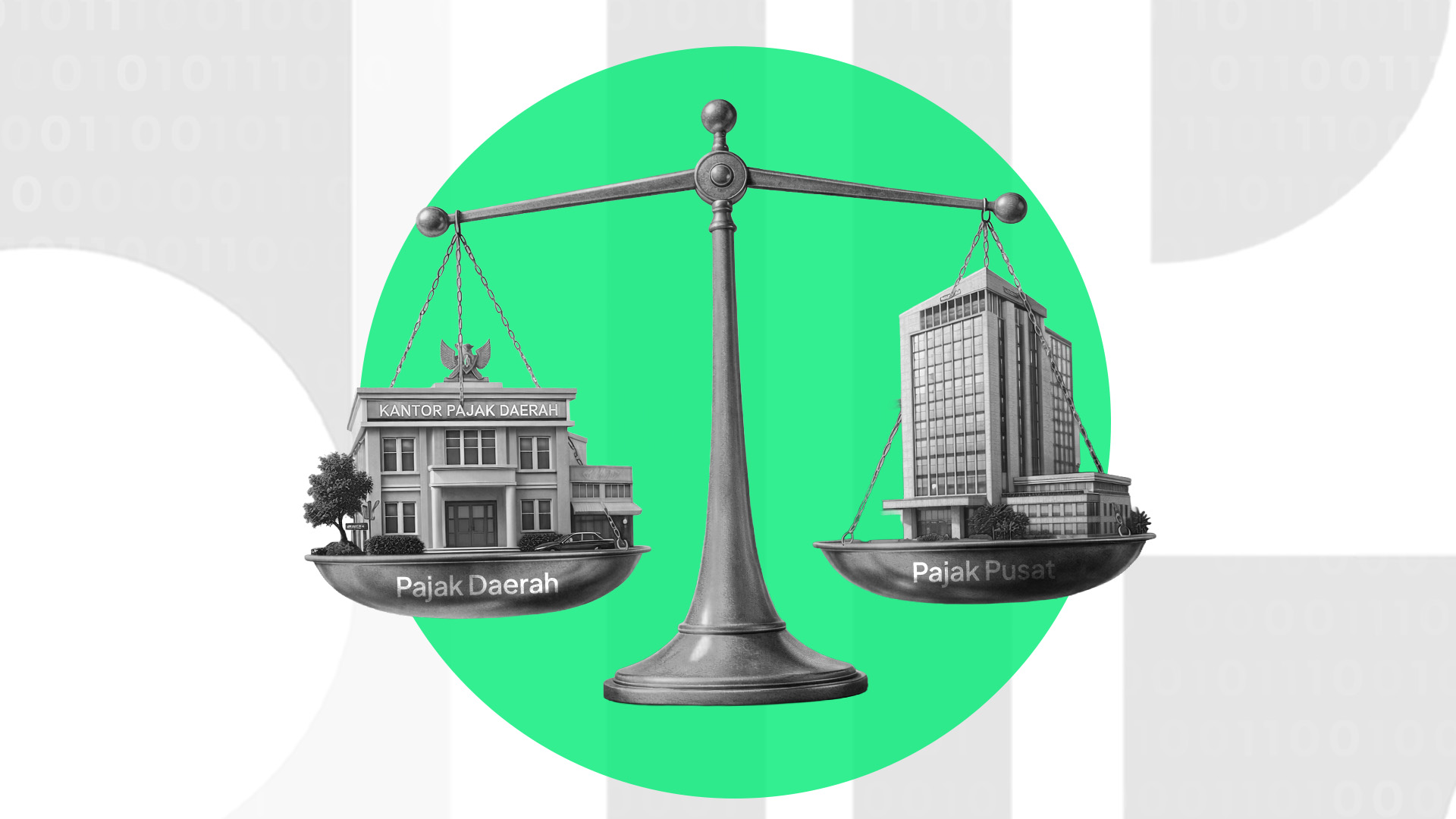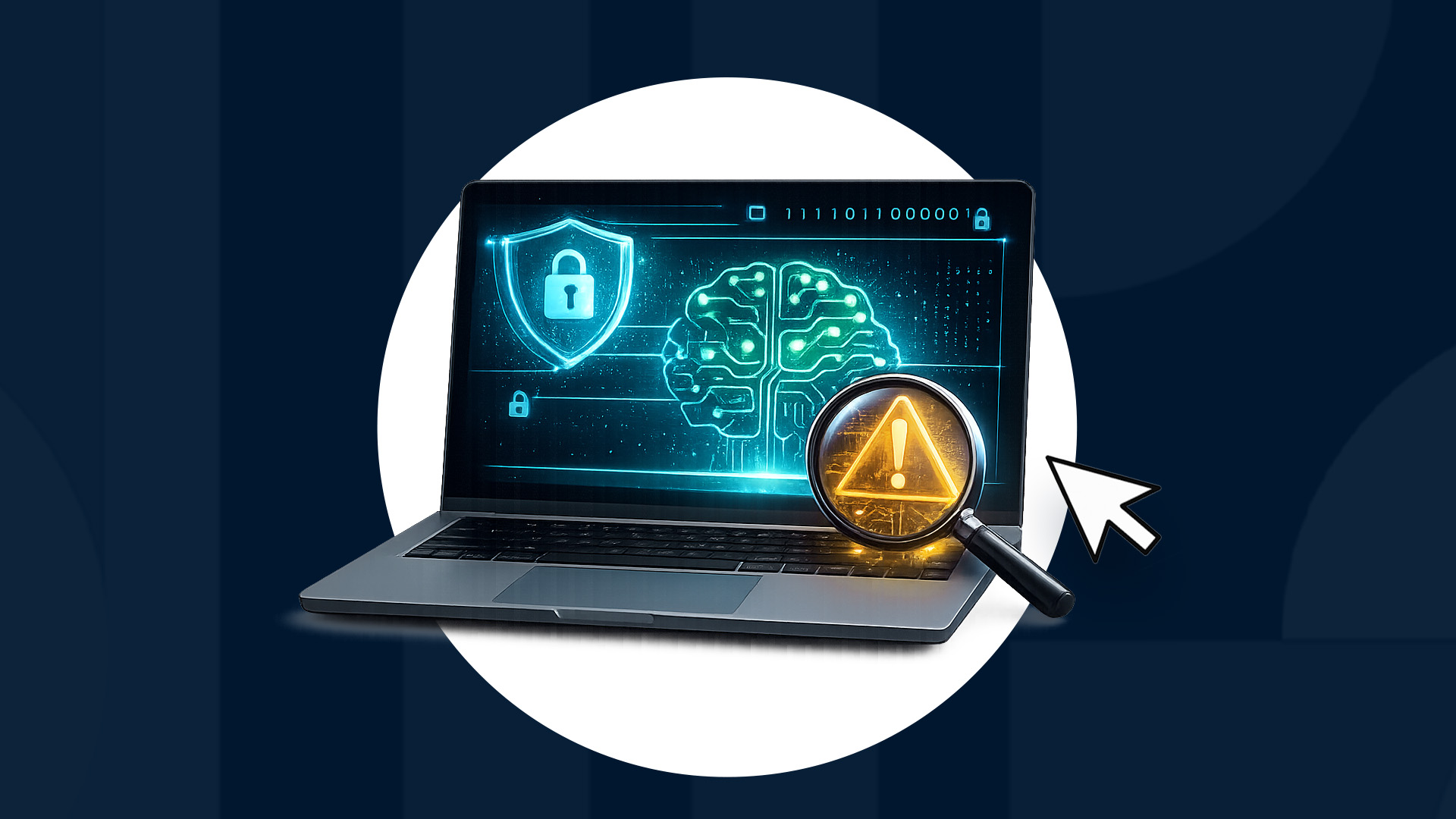When the world entered the digital era, document management also transitioned to digital. From creation, archiving, document delivery, and now document signing can also be digital. Digitizing documents brings efficiency, security, and speed. Several industry sectors below have felt the benefits of adopting digital signatures. What are they? Let's find out in this article!
Firstly, it's important to know that a Digital Signature is another term for a Certified Electronic Signature. In Indonesia, Electronic Signatures have two types: Certified Electronic Signatures (Digital Signatures) and Uncertified Electronic Signatures. So, what's the difference between these two types of signatures?
Both Digital Signatures and Uncertified Electronic Signatures comply with the provisions of the ITE Law No. 11 of 2008. The difference lies in Digital Signatures containing an Electronic Certificate, making their security level higher, while Uncertified Electronic Signatures do not contain an Electronic Certificate.
Furthermore, Digital Signatures can only be issued by Electronic Certificate Providers (PSrE), of which there are 7 institutions in Indonesia, one of which is VIDA. Meanwhile, Uncertified Electronic Signatures can be created by anyone.
Now, here are the industry sectors that benefit the most from digital signatures.
- Finance and Banking Sector
The finance and banking industry are pioneers in the adoption of digital signatures. Their usage varies from opening new accounts, registering loan applications, and transactions. With digital signatures, banks and other financial institutions benefit from shorter customer wait times, reduced operational costs, and enhanced transaction security. A seamless user experience influences the reputation of financial institutions. For example, being able to open an account from home eliminates the need for users to go to branch offices, thus giving banks a good reputation.
- Real Estate
The real estate sector greatly benefits from digital signatures, especially in the process of property sales and rentals. Documents such as purchase contracts, lease agreements, and ownership documents can be digitally signed to expedite transactions and reduce physical meetings. Similar to the finance industry, digital signatures enable agents and clients to complete transactions quickly and easily.
- Healthcare Services
The healthcare industry has adopted digital signatures to improve administrative efficiency and compliance with regulations. From patient consent form filling to electronic medical records, digital signatures accelerate administrative processes while maintaining patient privacy and data security. This effort is crucial in medical emergencies, where time and energy efficiency are vital.
- Technology Companies and Start-Ups
Start-ups and technology companies, with their inclination for innovation, are among the fastest sectors to adopt digital signatures to optimize operations. Technology companies typically have employees scattered across various cities and countries, making physical document signing impractical. Therefore, digital signatures are extremely useful for streamlining operations, organizing administration, and enabling effective communication among employees.
- Education
Educational institutions use digital signatures for admissions processes, re-registration, and financial administration. This makes it easier for students and parents to complete important documents remotely, enhances the operational efficiency of schools or universities, and ensures compliance with data security standards.
VIDA as a Digital Signature Platform
VIDA is a licensed digital signature solution rooted under the Ministry of Communication and Informatics. This means that digital signatures from the VIDA have legal validity in accordance with data security and digital identity regulations in Indonesia.

.png)

.jpeg)
